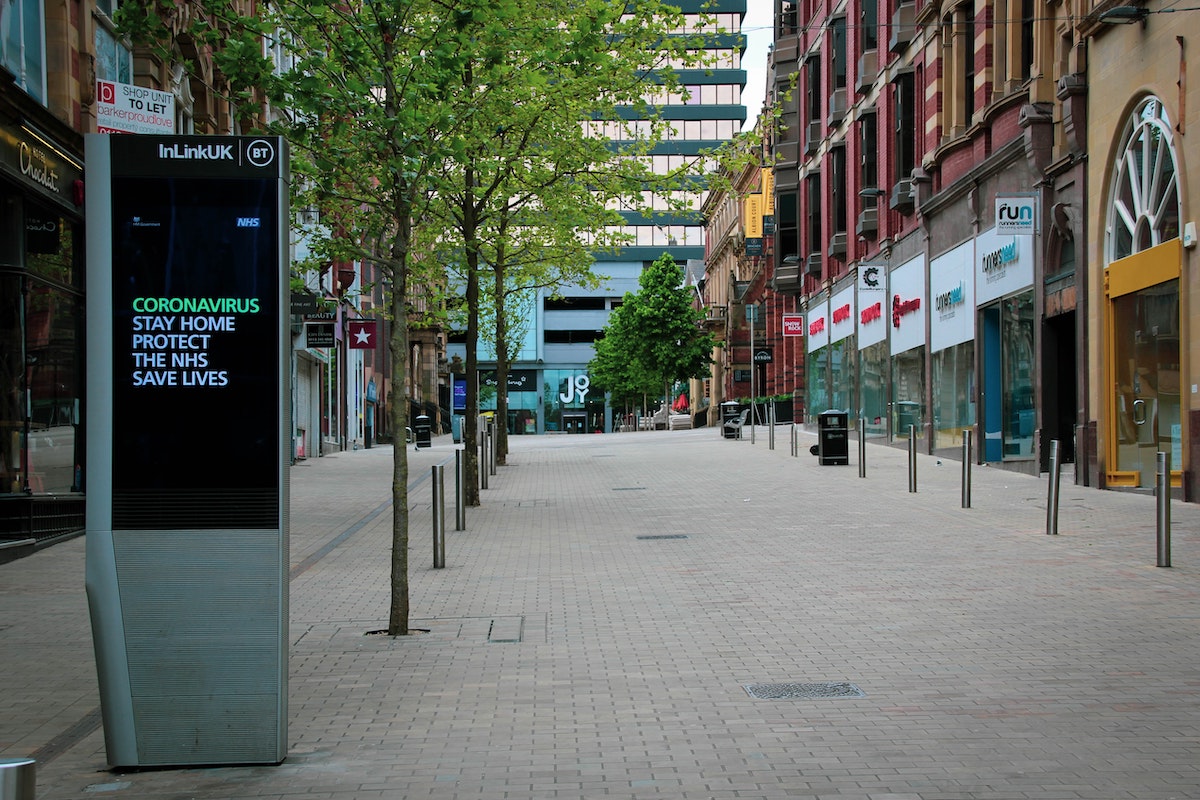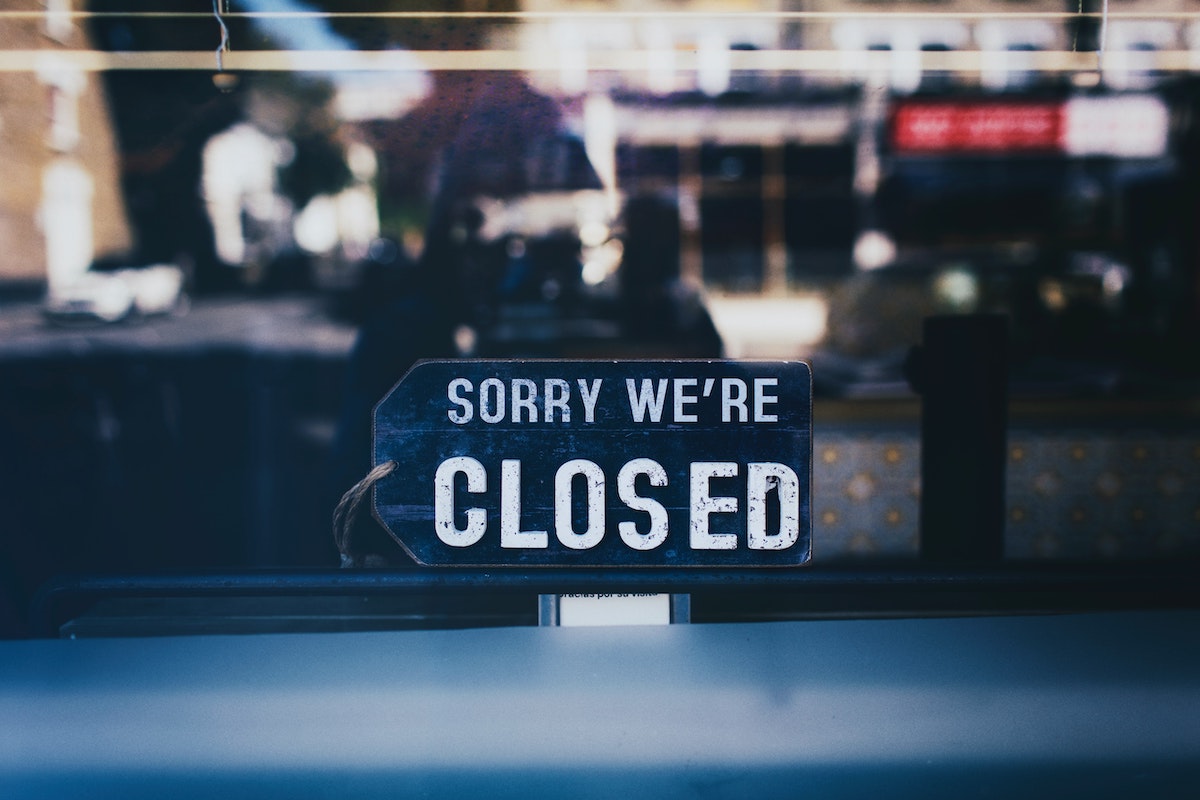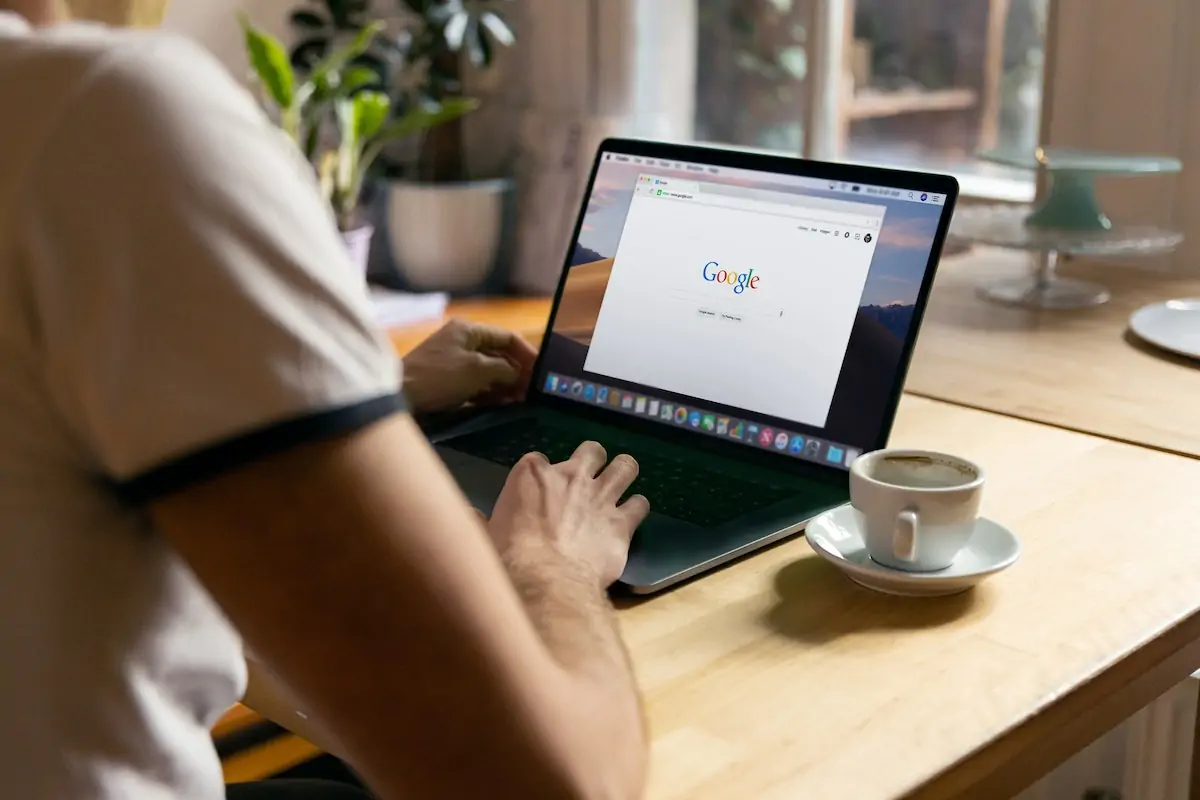
Will I Get A Tax Refund If My Self-Employment Business Loses Money During Covid 19?
4 Aug 20202020 has been a tough and stressful year for employees and people who are self-employed. The government lockdown to reduce the spread of Coronavirus essentially meant that people should work from home wherever possible. But, for many self-employed people that was not an option. Fine, if you’re used to working in an office or a studio, just move your business to home. But, if you worked in the arts, for example, if you ran a small retail outlet or if your job involved travel or meeting with groups of people, work essentially stopped and so did any income.
Government support for self-employed
Anyone who had been an employee had the opportunity to be furloughed and receive a significant proportion of their salary. But, it was only after pressure that the government agreed a scheme to help self-employed people with a taxable grant based on average self-employed earnings in previous years.
The scheme currently allows you to claim a taxable grant worth 80 percent of your average monthly trading profits, paid out in a single instalment covering 3 months’ worth of profits, and capped at £7,500 in total. If you’re eligible and your business has been adversely affected you must make your claim for the first grant on or before 13 July 2020.
This scheme is being extended. If you’re eligible for the second and final grant, and your business has been adversely affected on or after 14 July 2020 you’ll be able to make a claim in August 2020. You can claim for the second grant even if you did not make a claim for the first grant. The grant does not have to be repaid, but counts as income and is subject to tax and national insurance.
Another type of grant available to the self-employed is the Local Authority Discretionary Grants Fund. This grant, worth £25,000, £10,000 or any amount under £10,000, may be available from your local councils and is aimed at self-employed people with high ongoing fixed property-related costs. Typically, this group might include people working in shared office accommodation, regular market traders or people running bed and breakfast accommodation who pay council tax instead of business rates.
What if I’m not eligible for a government grant?
Anyone not eligible for the scheme had to rely on Universal Credit to cover the gaps in income.
People who had started their self-employed business during 2020 were not eligible for the scheme and if they had recently left employment to start a business, they also missed out on the furlough scheme.
HMRC also agreed that self-employed people could postpone their second payment on account until January. But, the word is postponed, not cancelled and with tax eventually due on any grant received, the government and the tax authorities were only providing temporary relief.
Related: Covid-19: Support from UK Government FAQs
Will I get a tax refund if my business loses money during Covid-19?
What this all adds up to is that many self-employed people will be making a business loss for the 2020 tax year. Where, in normal times a tax loss is a situation where business expenditure exceeds income, the circumstances here are different. The loss is more likely to represent a very large reduction in income compared to previous years, regardless of the level of business expenditure.
If you have been trading for several years, there are a number of ways to use the loss or fall in income to reduce your tax liability through the self-assessment scheme. But, don’t forget that any government grant you claim counts as income and is subject to tax.
One of the most immediate options is to reduce the payments on account due in 2020. These will be based on your business profits in the previous tax year when you were probably trading ‘normally’. By informing HMRC that your actual income is less than the amount calculated for payments on account, you can ask for a reduction in payments on account. This may result in an actual refund or just a reduction in your liabilities for payment on account.
Related: Covid-19 Small Business Loans & Support
Tax impact of lost income - and what you can do
These are some of the other options for using the loss:
-
You can claim relief against any other income for this tax year, the previous tax year or both. If your income is nil or less than the loss, you can reduce your capital gains for that year.
-
You can claim relief against your income for earlier years.
-
You can claim relief against profits of the same trade in earlier years.
-
You can carry forward the loss against future profits of the same trade.
-
You can carry back losses incurred in the opening years of a trade for three years.
Some of these may be more appropriate for your circumstances, particularly if your profits have been high in earlier years. If you are considering carrying forward the loss, you should be confident that business is recovering in a sustainable way, and that can be difficult to predict while some lockdown measures continue.

For more information
These are complex issues and if you need professional tax advice we can help. We have a friendly, experienced team of Brighton accountants, Manchester accountants, London accountants and online accountants who can assist with Xero accounting for businesses and the self-employed.
If you need legal advice for your business, we also have a team of employment law solicitors who can assist with any Covid or non-Covid related tax issues, wherever you are based.
Give us a call on 0207 043 4000 for more information on our small business accounting and legal services, or try our instant accountant quote tool.























